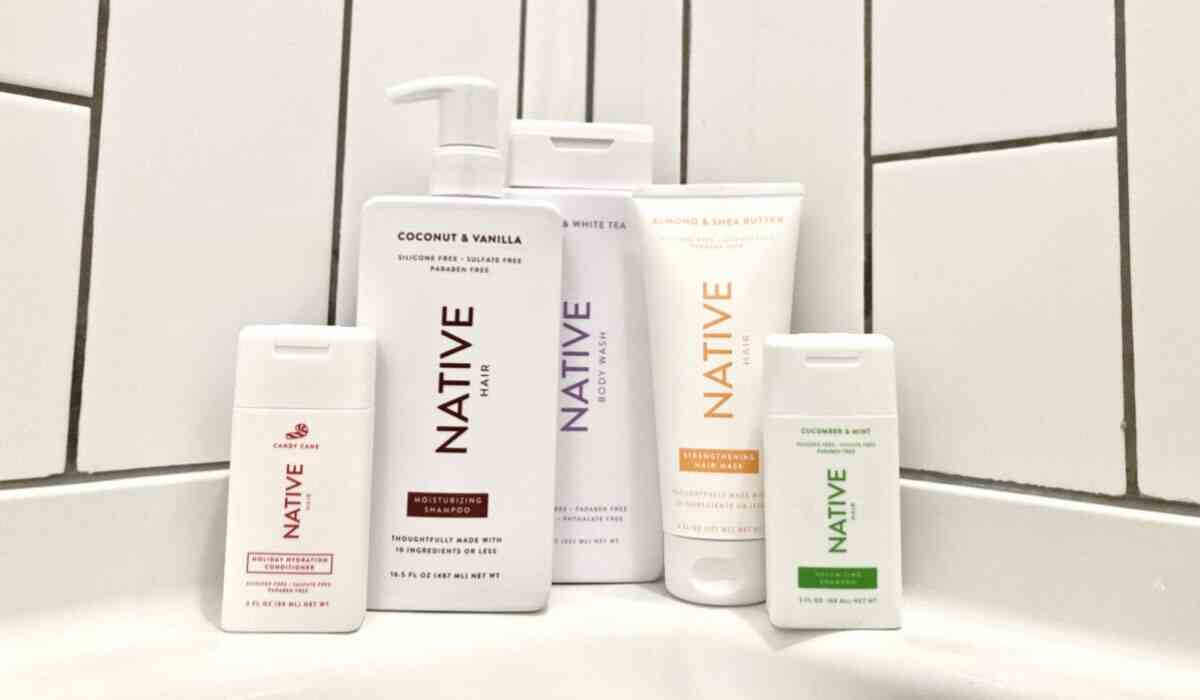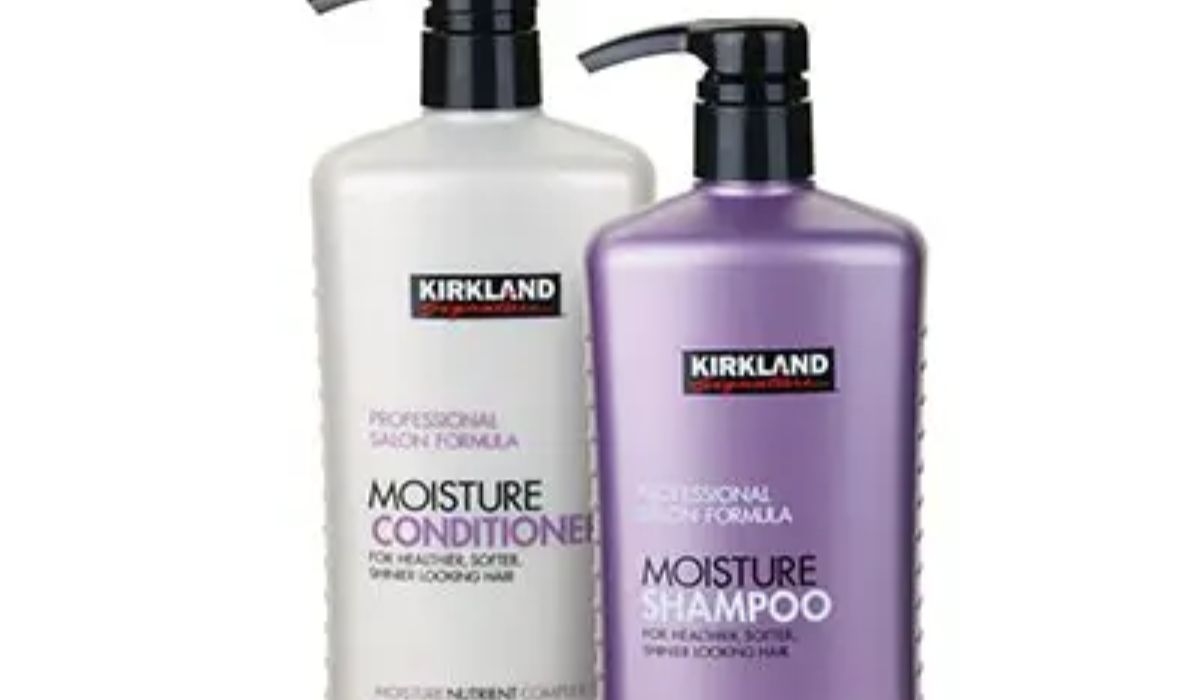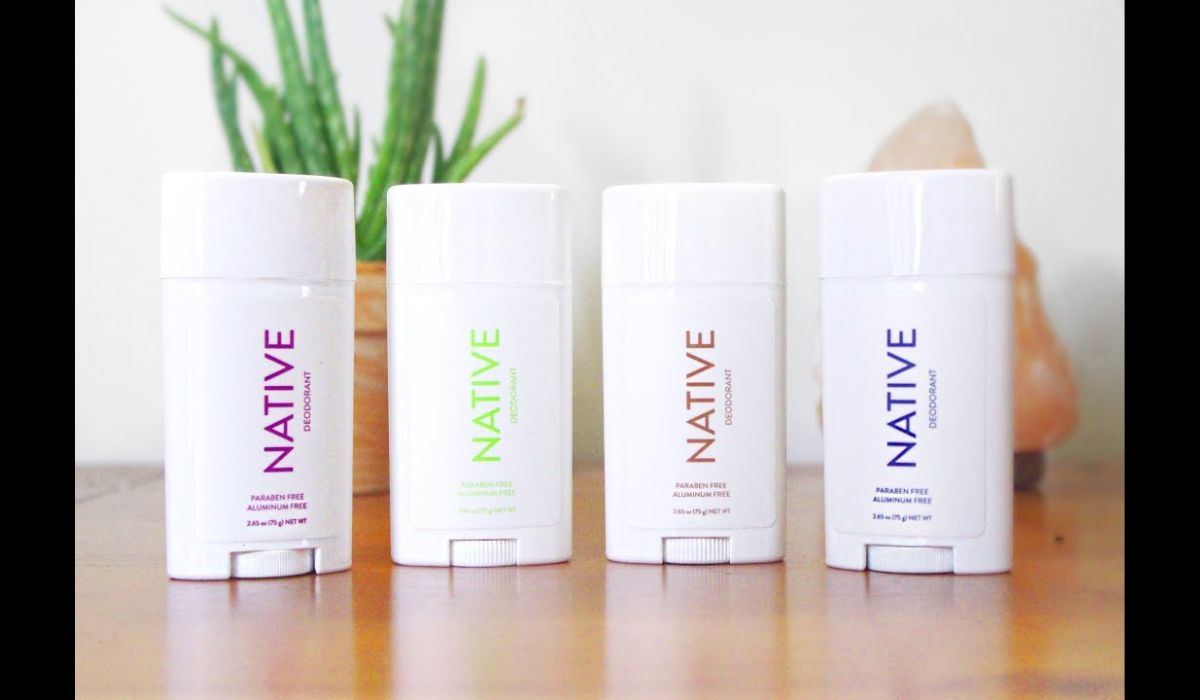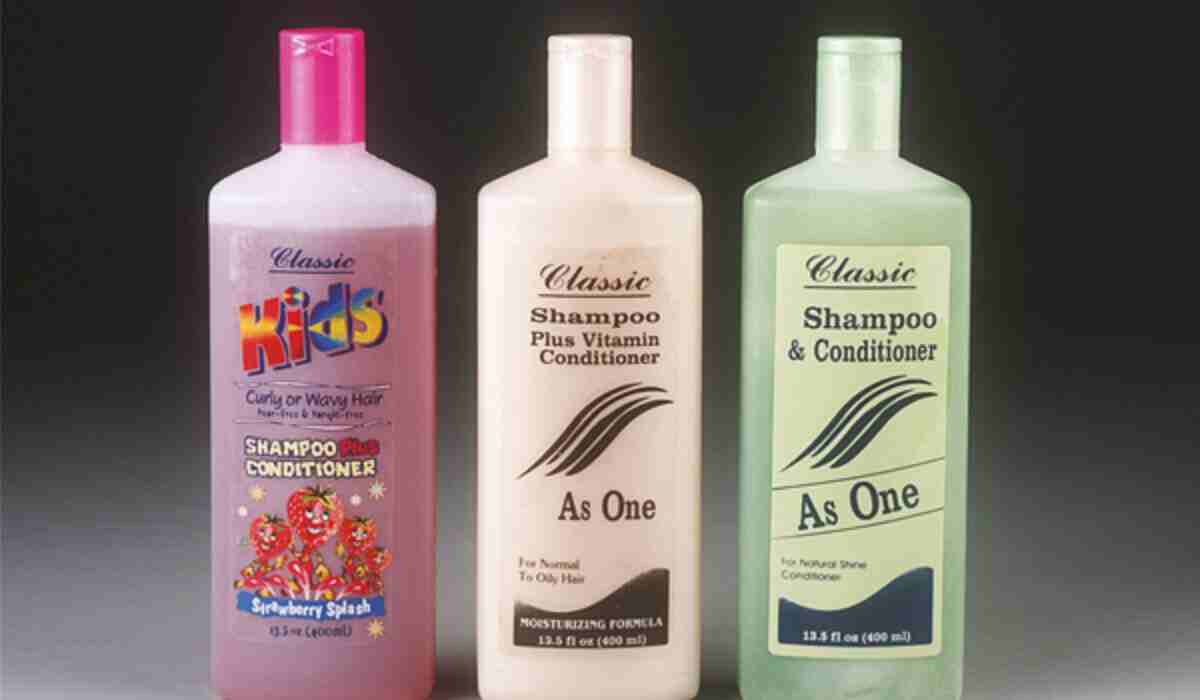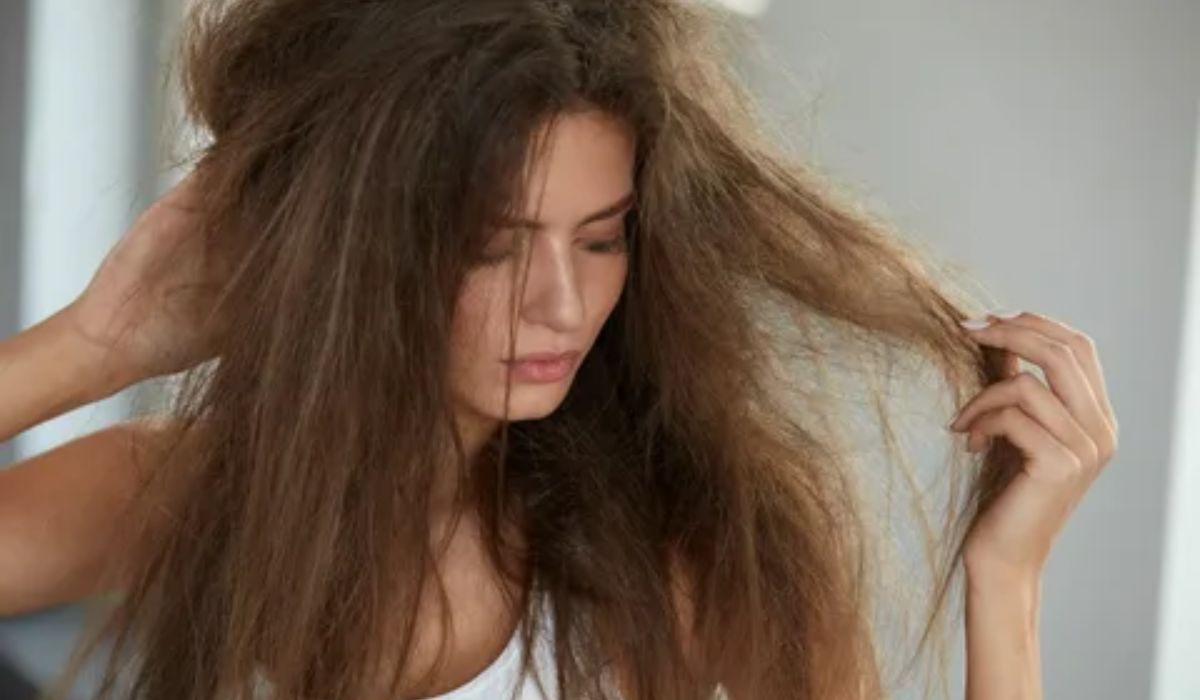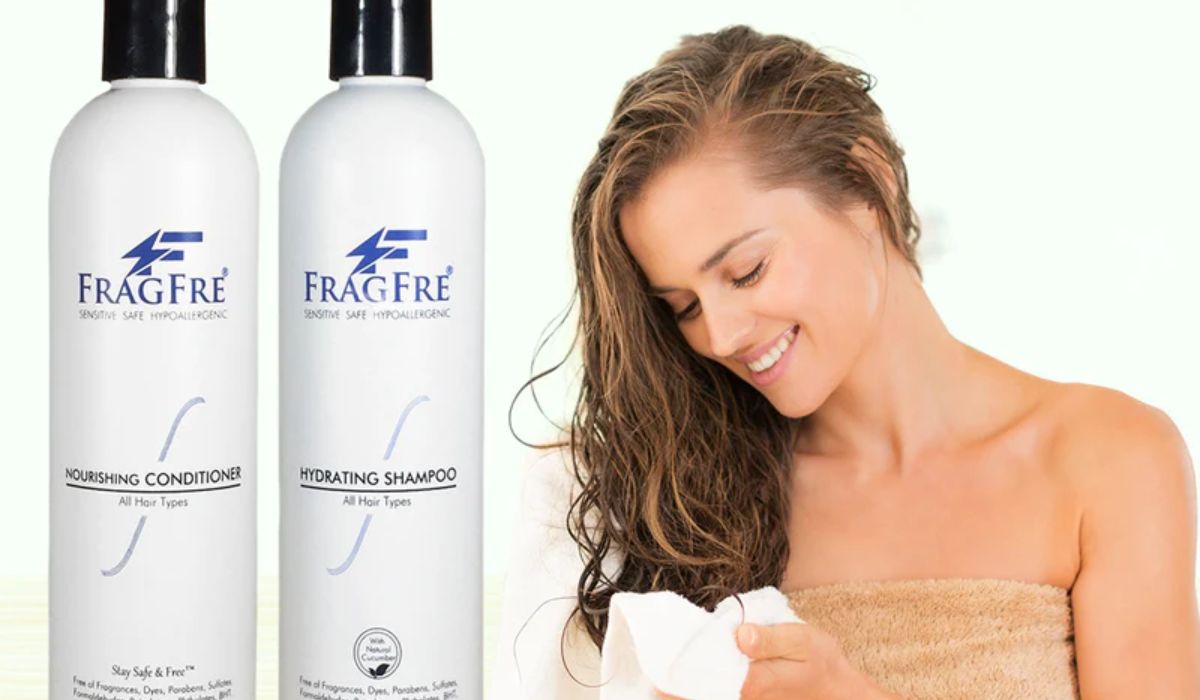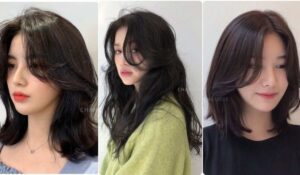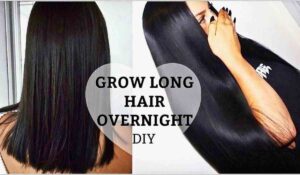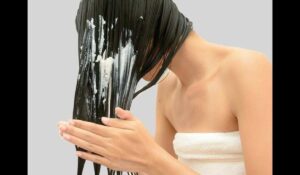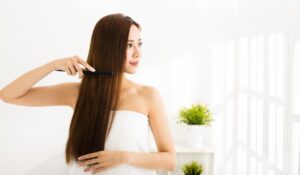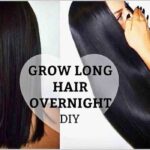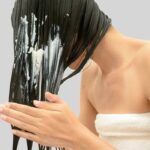Native shampoo is good for colored hair as it is formulated with gentle, natural ingredients that help preserve and enhance the vibrancy of hair color, while also providing nourishment and protection.
Discover the secret to vibrant and long-lasting color with native shampoo! Unleash the power of nature on your colored locks, as this formula not only preserves your hair’s hue but also enhances its natural shine. Embrace the goodness of ingredients that nurture both your hair and the environment, making every wash a colorful celebration! Say goodbye to dullness and hello to a world of radiant, healthy hair.
Native shampoos are formulated with natural ingredients, making them suitable for colored hair. These shampoos avoid harsh chemicals that may strip away color, helping maintain vibrancy. Look for options with color-protecting properties to ensure longevity and health for your colored locks. Embracing a native shampoo can contribute to a nourished and vibrant appearance for your colored hair.
Native Shampoo Ingredients
Native shampoo ingredients are those derived from natural sources, making them a healthier choice for your hair care routine, especially when it comes to braiding hair color. These ingredients are often plant-based, such as extracts from fruits, herbs, and flowers. Examples include aloe vera for hydration, chamomile for soothing properties, and coconut oil for nourishment.
Choosing a native shampoo tailored for braided hair color ensures that your vibrant hues are maintained, and the braids remain healthy and lustrous. By using native shampoo, you can avoid harsh chemicals and artificial additives, promoting a gentler and more environmentally friendly approach to hair care. These natural ingredients work together to cleanse, moisturize, and maintain the health of your hair, leaving it feeling fresh and revitalized.
Native Shampoo And Conditioner
Native shampoo and conditioner are hair care products designed to enhance the natural beauty of your hair. These products are made with ingredients that are indigenous to a particular region, and often sourced locally. The key benefit of using native shampoo and conditioner is their focus on gentle and nourishing formulas that promote healthy hair without harsh chemicals.
By embracing the power of natural elements, these products aim to provide a wholesome and eco-friendly solution for your hair care routine. With a commitment to sustainability and a connection to local resources, native shampoo, and conditioner offer a refreshing approach to achieving luscious and vibrant hair.
Native Shampoo And Conditioner Hair Loss
Choose Wisely: Select a native shampoo and conditioner specifically formulated to address hair loss. Look for products that contain natural ingredients known for promoting hair health, such as herbal extracts or oils.
Regular Use: Incorporate the native shampoo and conditioner into your regular hair care routine. Consistent use is key to experiencing the potential benefits of preventing further hair loss and promoting overall hair strength.
Massage Scalp: When applying the native shampoo, take a few extra minutes to gently massage your scalp. This can help stimulate blood circulation and promote a healthier environment for hair growth.
Follow Instructions: Pay attention to the product instructions for optimal results. Some native shampoos and conditioners may have specific recommendations for usage, such as leaving the conditioner on for a certain duration.
Be Patient: Results may take time, so be patient and consistent with your native hair care routine. Give your hair the chance to adapt and respond to the natural ingredients in the products. If you have concerns about hair loss, it’s always advisable to consult with a healthcare professional for personalized advice.
Is Native Shampoo Good For Curly Hair?
Choosing the right shampoo for curly hair is essential to keep those beautiful curls healthy and defined. Native shampoos, often made with natural ingredients, can be a good choice for curly hair. These shampoos typically avoid harsh chemicals that might strip the hair of its natural oils, which are crucial for maintaining moisture in curly locks.
Native shampoos may contain nourishing elements like plant extracts and oils that can help enhance the curl pattern, reduce frizz, and promote overall hair health. When looking for a shampoo for your curly hair, consider one that caters to its unique needs, providing gentle cleansing and the necessary moisture to keep your curls looking their best.
Does Native Shampoo Cause Hair Loss
Many people wonder if using native shampoo can cause hair loss. The answer is typically no. Hair loss can be caused by various factors like genetics, stress, hormonal changes, or certain medical conditions. Native shampoos, which are made from natural ingredients, are generally gentle on the scalp and hair.
They often lack harsh chemicals that can damage hair follicles, potentially reducing the risk of hair loss. Individual reactions may vary, so it’s essential to choose products that suit your scalp and hair type. If you’re concerned about hair loss, it’s best to consult a dermatologist or a healthcare professional for personalized advice.
Native Shampoo
| Feature | Description |
| Ingredients | Typically made with natural ingredients, avoiding harsh chemicals that may strip natural oils from the hair. |
| Moisture Retention | Helps retain moisture in the hair, crucial for keeping curly locks hydrated and reducing frizz. |
| Nourishing Elements | Contains plant extracts and oils that nourish the hair, enhancing curl patterns and promoting overall health. |
| Gentle Cleansing | Provides gentle cleansing without stripping the hair, suitable for curly hair’s unique needs. |
| Frizz Reduction | Can contribute to reducing frizz, and keeping curls defined and manageable. |
| Overall Hair Health | Supports the overall health of the hair, making it a suitable choice for those with curly hair. |
Native Shampoo Safe
The native shampoo is a safe and gentle choice for your hair care routine. Designed with natural ingredients that are kind to your hair and scalp, native shampoos avoid harsh chemicals that can irritate.
These shampoos are formulated to cleanse effectively while maintaining the natural balance of your hair, leaving it clean, healthy, and nourished. Choosing a native shampoo ensures that you’re treating your hair with care and avoiding potentially harmful substances, making it a reliable option for those seeking a safer and more natural approach to hair care.
Native Shampoo Lawsuit
The Native shampoo lawsuit refers to legal action taken against the company Native, which produces personal care products. The lawsuit alleges that Native’s shampoo contains harmful ingredients, despite being marketed as natural and safe.
Customers claim to have experienced adverse reactions such as scalp irritation and hair loss after using the product. As a result, they are seeking compensation and changes to the product’s labeling to reflect its actual ingredients. The lawsuit highlights the importance of transparency in product labeling and the potential risks associated with misleading marketing claims.
Is Native Brand Black-Owned?
Is the Native brand Black-owned? This means, is the company owned and run by people who are Black or of African descent? Understanding this helps us support businesses that are diverse and inclusive.
It’s important because it empowers Black entrepreneurs and contributes to economic equality. So, when we ask if a brand like Native is Black-owned, we’re seeking to ensure our support aligns with our values of equity and representation.
Tips for Maintaining Hair Color with Native Shampoo
Choose the Right Shampoo: Begin by selecting a native shampoo specifically formulated for color-treated hair. Look for products that are sulfate-free and contain natural ingredients to help maintain your hair color.
Limit Washing Frequency: To prevent color fading, avoid washing your hair too frequently. Aim to wash your hair every 2-3 days rather than daily. When you do wash, use lukewarm water instead of hot water, as hot water can strip the color from your hair.
Use Cold Water Rinse: After shampooing and conditioning, rinse your hair with cold water. Cold water helps seal the hair cuticles, locking in moisture and preventing color from fading.
Protect Your Hair from Heat: Minimize heat styling tools such as blow dryers, straighteners, and curling irons, as they can cause color to fade faster. If you must use heat styling tools, apply a heat protectant spray beforehand to shield your hair from damage.
Invest in Color-Protecting Products: Incorporate color-protecting hair products into your routine, such as leave-in conditioners, serums, and UV protectants. These products help prolong the vibrancy of your hair color and keep your locks looking fresh and vibrant for longer periods.
Side Effects Of Native Shampoo and Conditioner
Research Ingredients: Begin by researching the ingredients listed on the Native shampoo and conditioner bottles. Look for any components that may cause adverse reactions or have known side effects.
Patch Test: Before using the products on your scalp and hair, perform a patch test. Apply a small amount of shampoo and conditioner behind your ear or on your inner arm. Wait 24 hours to see if any redness, itching, or irritation occurs.
Monitor Your Scalp: Pay close attention to how your scalp reacts after using Native shampoo and conditioner. Look out for symptoms such as itching, flaking, or redness, which could indicate an adverse reaction.
Limit Usage: If you experience any negative side effects, reduce the frequency of using the products or stop using them altogether. Allow your scalp and hair to recover and observe if the symptoms subside.
Consult a Professional: If you continue to experience side effects or if they worsen, consult a dermatologist or healthcare professional. They can guide managing any reactions and suggest alternative products that may be better suited to your scalp and hair type.
Alternatives Of Native Shampoo And Conditioner
If you’re experiencing side effects from using Native shampoo and conditioner, it’s essential to explore alternatives that may be gentler on your scalp and hair. One option is to switch to natural or organic hair care products that are free from harsh chemicals and artificial fragrances. Look for shampoos and conditioners specifically formulated for sensitive skin or scalp conditions.
Another alternative is to try homemade remedies using ingredients like apple cider vinegar, coconut oil, or aloe vera, which are known for their soothing and nourishing properties. Consulting with a dermatologist or hair care specialist can provide personalized recommendations tailored to your specific needs and concerns. Experimenting with different alternatives can help you find a solution that works best for your hair and scalp health.
Frequently Asked Questions
Do native shampoos enhance the shine of colored hair?
Yes, many native shampoos include natural ingredients that can enhance the shine and luster of colored hair, leaving it looking healthy and vibrant.
Can native shampoos prevent color fading?
Yes, native shampoos often contain antioxidants and nourishing elements that can help prevent color fading. Regular use can contribute to maintaining the intensity of your hair color for a longer period.
Are native shampoos free from harmful chemicals for colored hair?
Native shampoos are formulated with fewer synthetic and harmful chemicals, making them a gentler option for colored hair. It’s always advisable to check the product label for specific ingredients to ensure compatibility with your hair color.
Conclusion
using a native shampoo for colored hair can be a beneficial choice. Native shampoos are often formulated with natural ingredients that are gentle on the hair and scalp, reducing the risk of damage to colored strands.
These shampoos are free from harsh chemicals, sulfates, and artificial additives that may strip away the color. By opting for a native shampoo, you can help preserve the vibrancy and longevity of your colored hair while also promoting hair health.
